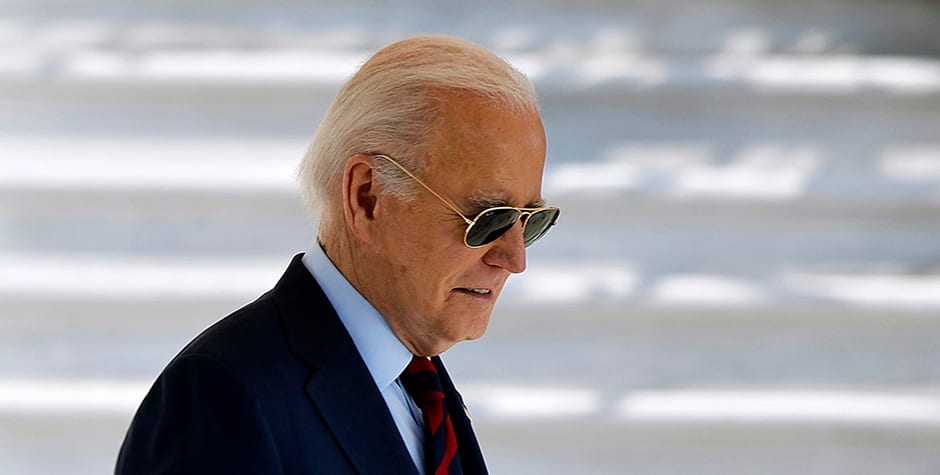ACLJ Files Amicus Brief in Major FOIA Appeal To Prevent Biden From Further Shielding the Deep State From Accountability
The ACLJ continues to fight to uncover the actions of the Deep State and to hold it accountable for what it conceals. The American people have the right to know about the policies and plans of Executive agencies. Recently, the ACLJ filed an amicus brief in America First Legal Foundation v. U.S. Department of Agriculture et al., at the D.C. Circuit.
This case concerns Freedom of Information Act (FOIA) requests for Strategic Plans created by agencies, pursuant to an Executive order, explaining their plans and processes for access to voting. In early 2021, President Biden issued Executive Order 14019, tasking federal agencies to “consider ways to expand citizens’ opportunities to register to vote and to obtain information about, and participate in, the electoral process.” Among other things, the order required each agency to submit “a strategic plan outlining the ways identified . . . that the agency can promote voter registration and voter participation.” Several agencies were sued under the FOIA for the release of their Strategic Plans. The policies of the Executive branch, with regard to voter registration and voter participation, are not things that should be concealed or private but things the American people should know and have access to.
The D.C. District Court held that the presidential communications privilege protected these Strategic Plans. The court relied on a declaration by White House Special Counsel Richard Sauber in order to determine that these communications were solicited for advice for the President. In other words, it used the after-the-fact testimony of a Biden White House lawyer to determine what an Executive order means.
We filed an amicus brief supporting the FOIA request. Specifically, we are arguing that if the district court’s holding stands, the President may retroactively invoke the presidential communications privilege to withhold any record that reports final agency actions and agency plans to the White House and, ultimately, almost anything he chooses. We contended that the district court erroneously deferred to the Biden White House Special Counsel to address the Executive order rather than interpret the document itself. The Biden Administration does not get to come along after the fact and decide which documents were and were not classified.
The ACLJ has experience fighting and winning overbroad claims of the Biden Administration of presidential communication privilege. The Biden Administration cannot by fiat decide after the fact that a communication was meant for the President, even if the Executive order requiring that that document be created does not actually specify that. An after-the-fact declaration by a White House lawyer simply cannot change what the Executive order here actually required. Executive orders, like statutes and constitutions, should be interpreted by what they actually say, not what the Biden Administration claims they mean when convenient after the fact. And this order here required the creation of Strategic Plans, not privileged presidential communications.
In our FOIA work, we fight for government accountability, seeking to defend your right to know the government’s conduct. When the government makes strategic plans and policies, in this case relating to voting, the people have the right to access that information and to know about the rules that govern them. The Biden Administration must not be allowed to further shield the Deep State from accountability through the expansive use of presidential communications privilege.
